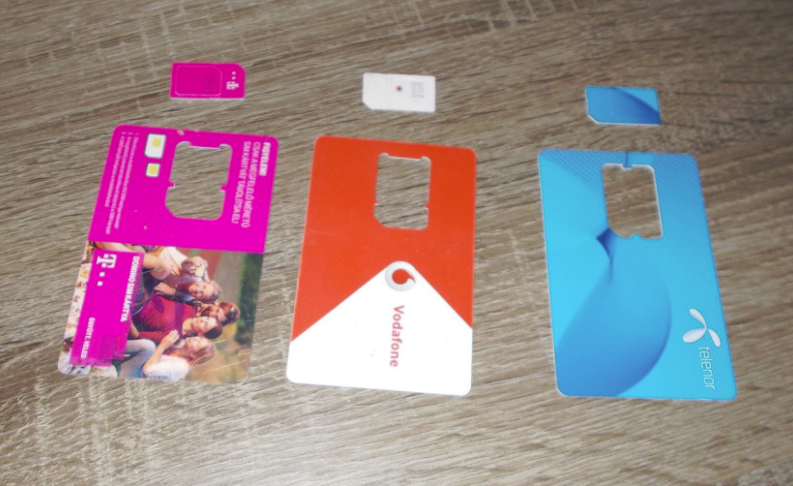The https://english.atlatszo.hu use cookies to track and profile customers such as action tags and pixel tracking on our website to assist our marketing. On our website we use technical, analytical, marketing and preference cookies. These are necessary for our site to work properly and to give us inforamation about how our site is used. See Cookies Policy
Illegal trade of burner SIM cards rampant in Budapest
A story broke recently that an unnamed homeless man is the formal owner of some 200,000 SIM cards. Some of these were linked to the terrorist attacks in Paris, prompting the government to promise stern measures to tackle a seemingly unregulated niche market. However, this didn’t scare anybody. As Atlatszo.hu found, nothing could be easier than getting our hands on an untraceable SIM card on the streets of Budapest.
The Hungarian public is getting acquainted with the concept of burner phones, untraceable communication devices used mostly by criminals, after a scandal broke out tying Hungary to the Paris terrorist attacks. It was revealed that a homeless man is formally the owner of some 200,000 SIM cards, serving as a blatant example of how the criminal underworld communicates.

Once the cards are sold, they are then activated under the name of the fronting individual, in this case the homeless man, and are then resold to anyone for any purposes that can never be tracked down.
When the scandal broke, especially because of the terrorism aspect, the government demanded stern measures from the authorities and a thorough examination.
As we found, this is hardly deterring anyone from the practice that seems to be all-too-well established.
The internet is littered with ads from individuals as well as webshops offering pre-registered cards. But if shipping time is an issue, a stroll down Budapest’s main avenue will quickly yield results. As we found over a brief walk, nine out of ten telephone and accessory shops have pre-registered cards on offer, some even had them out on display. The price is around €10 for the card, which can then be topped-up at any news kiosk anonymously. No data about the ultimate user of the card is ever put on record.
In fact, the clerks even offered us discounts if we want to buy in bulk, saying they can easily sell us the cards by the hundreds.
The practice involves the SIM cards of all three major telcos active in the country. As Magyar Telekom, the local subsidiary of Deutsche Telekom told us, there is no legal limit to how many SIM cards a single person may own in Hungary. As such they do not consider themselves responsible. Norway’s Telenor is more proactive, they have self-regulated and imposed a five-card per person limit for netshop purchases. This may be reason that the Telenor SIM card we bought as a test was the only one that didn’t function. Vodafone didn’t want to respond to our specific queries, but noted that they have enacted filtering practices much stricter than legally required.
As Peter Tarjanyi national security expert told Atlatszo.hu, although the Hungarian cards may have been part of the Paris attacks, it is in no way true that Hungary is becoming some kind of a terrorist hub. The main customers of the burner cards are organized crime, prostitution rings or even tax-evasion schemers. Such cards have been sold in the millions ever since top-up plans appeared on the market in 2000.
Your support matters
Atlatszo.hu is financed by nonpartisan and non-governmental sources;
we do not accept money from state institutions, political parties and affiliates.
We rely on support from readers. Donate here.

